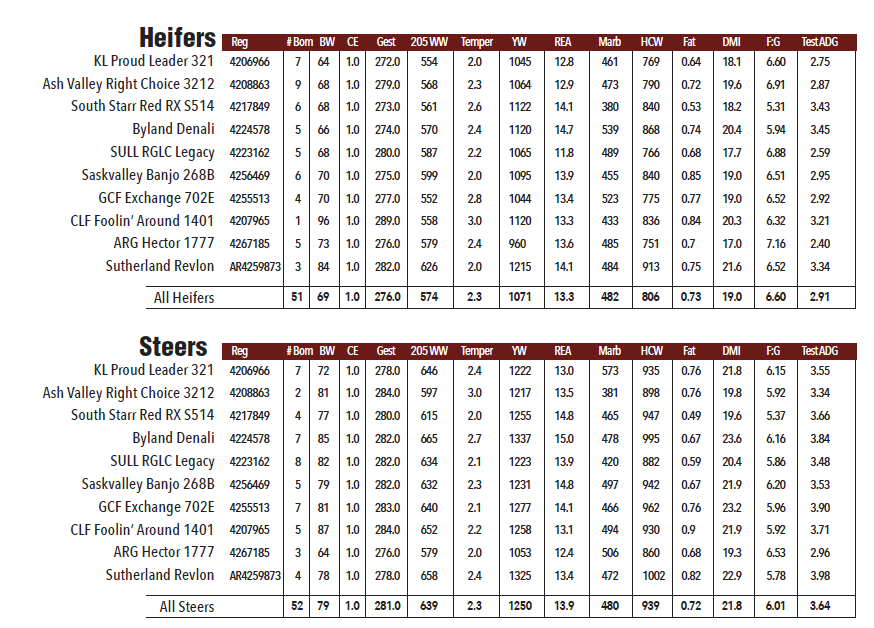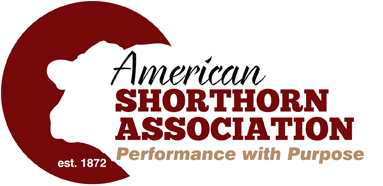The National Sire Test (NST) program has been a valuable tool for testing the ability of Shorthorn genetics to perform in a real-world setting. The third and final year of the NST and our partnership with the University of Illinois provided us with more data on a genetically diverse bunch of Shorthorn sires. Once again, we were able to collect a full set of data on Shorthorn-influenced cattle from birth to rail. The NST provides breeders the opportunity to test the genetics in their breeding program in a real-world setting while gaining more progeny data on their sires. From a big picture standpoint, the NST gives ASA more information on the breed to show to the industry that our cattle have the capability to be used as a profitable piece of their breeding program.
As was the theme with just about every walk of life in 2020, the National Sire Test experienced some unexpected hiccups and changes to plans. With the Tyson plant in Joslin, IL having capacity cut due to Covid-19 restrictions, the cattle had to stay on feed longer than anticipated before they were able to be harvested. Like previous installments of this program, the ten enrolled sires were bred to 200 U of I cows at their Dixon Spring research farm in December 2018 for these fall-born 2019 calves. After weaning, the calves were moved to the beef farm on campus for the feeding trial and finishing phase. The cattle were on feed for a slightly longer time period than in the past. You will see this longer feeding period reflected in weights on these animals. Below are data compilations of all the sires from the 2019 calf crop. Data is broken down into steers and heifers by sire.
I want to thank all the breeders that participated in this program over the past three years. It has been very rewarding to see Shorthorn-sired cattle perform to industry standards and validate that this breed deserves a chance to play a role in the commercial cattle industry in the United States. Without the help and cooperation of Dr. Dan Shike at the University of Illinois, we wouldn’t have been able to make this project happen. Special thanks to him and his team for all their work, data collection, and being a gracious host and partner over the years of the NST.







![[ Random Image ]](/wp-content/themes/shorthorn/headers/header9.jpg)